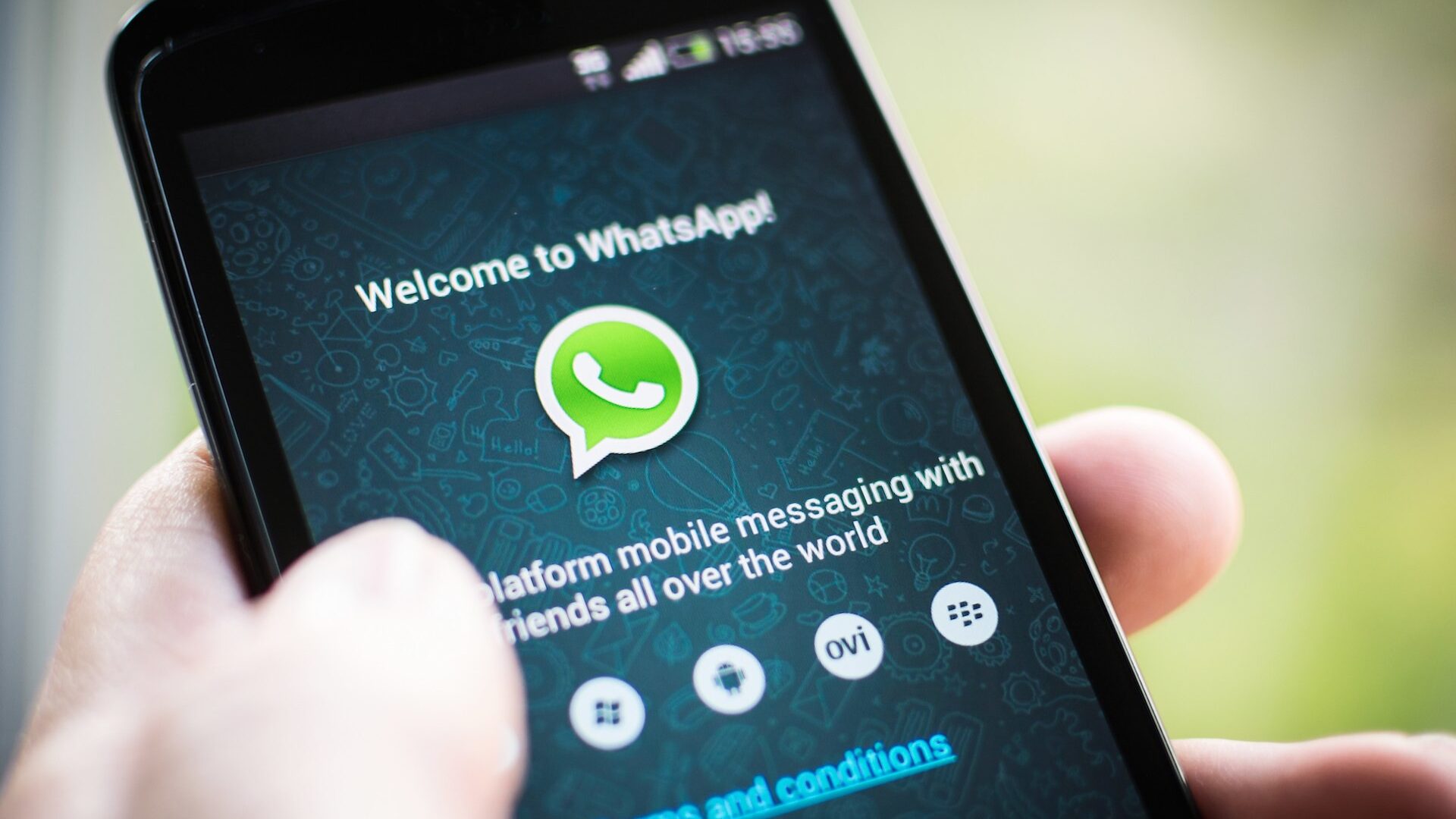Tracking Private WhatsApp Discourse About COVID-19 in Singapore: Longitudinal Infodemiology Study
May 8, 2023

The Protection from Online Falsehoods and Manipulation Act 2019 was passed by the Singapore Parliament on 8 May 2019, as part of the nation’s efforts to combat online falsehoods. During the COVID-19 pandemic, WhatsApp has played a critical role in risk communication because of its extremely large user group. However, this has also made it a vessel for misinformation.
In ‘Tracking Private WhatsApp Discourse About COVID-19 in Singapore: Longitudinal Infodemiology Study’ (Journal of Medical Internet Research, 2021), Ms Edina YQ Tan (Yale-NUS), Mr Russell RE Wee (NUS Psychology), Ms Young Ern Saw (Yale-NUS), Ms Kylie JQ Heng (Yale-NUS), Mr Joseph WE Chin (Yale-NUS), Associate Professor Eddie MW Tong (NUS Psychology), and Assistant Professor Jean CJ Liu (Yale-NUS) used online surveys to track 151 participants’ daily WhatsApp usage during the COVID-19 pandemic. They sought to document how WhatsApp is used to transmit information related to COVID-19 and the characteristics of WhatsApp users based on their usage patterns.
Among the participants, WhatsApp is the second most common source for COVID-19 news after news media. In the time span of one week, nearly all participants reported at least one COVID-19 related use of Whatsapp. About half of the participants forwarded at least one COVID-19 related message to other users, and about 80% of the participants received at least one such forwarded message.
Besides highlighting the importance of WhatsApp as a channel for transmission of COVID-19 related information, the researchers also classified WhatsApp users into four categories: (1) Chronic users (13.9% of the participants) who exhibited a high levels of activity on WhatsApp. They are also the group responsible for receiving and transmitting a large volume of forwarded COVID-19-related messages; (2) Receiving users (31.1% of the participants) who frequently discussed COVID-19 in group chats but rarely transmitted COVID-19 related messages to other users; (3) Discursive users (30.5%) who primarily gained exposure to COVID-19 related messages through personal and group chats; and (4) Minimal users (24.5%) who had low levels of engagement with COVID-19 information overall.
The researchers argue that the high volume of forwarded messages relating to COVID-19 can raise concerns of spreading misinformation. The survey suggests that an average chronic user can disseminate 14 forwarded messages related to COVID-19 in one week. Given the linkage between message forwarding behaviours and the spread of misinformation pointed out by other studies, the researchers suggest that public health agencies may need to reach out to chronic and receiving users, who handle the bulk of forwarded COVID-19 related messages on WhatsApp. For example, public agencies can encourage these users to subscribe to more reliable WhatsApp channels such as the World Health Organization for updates.
Read the article here: https://www.jmir.org/2021/12/e34218
